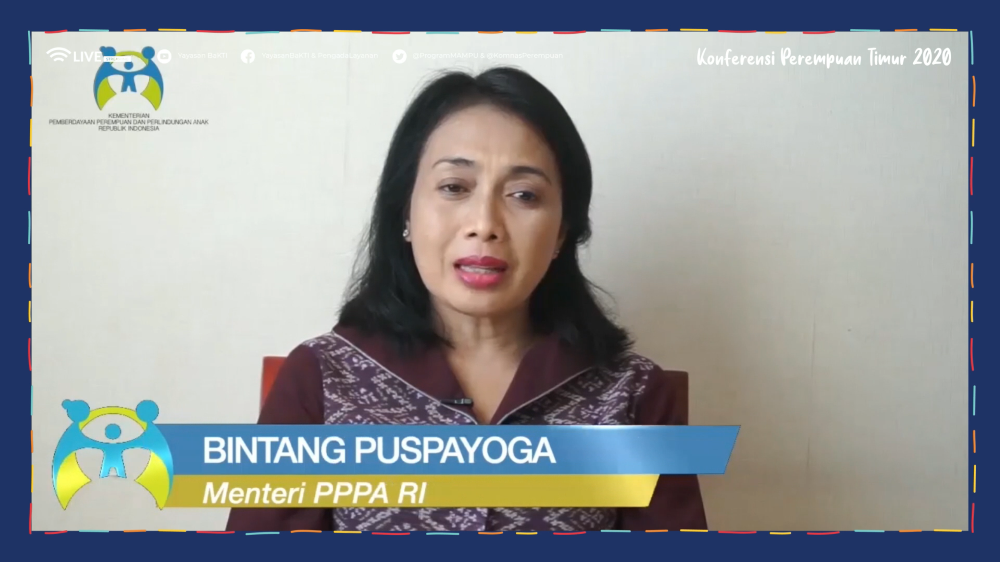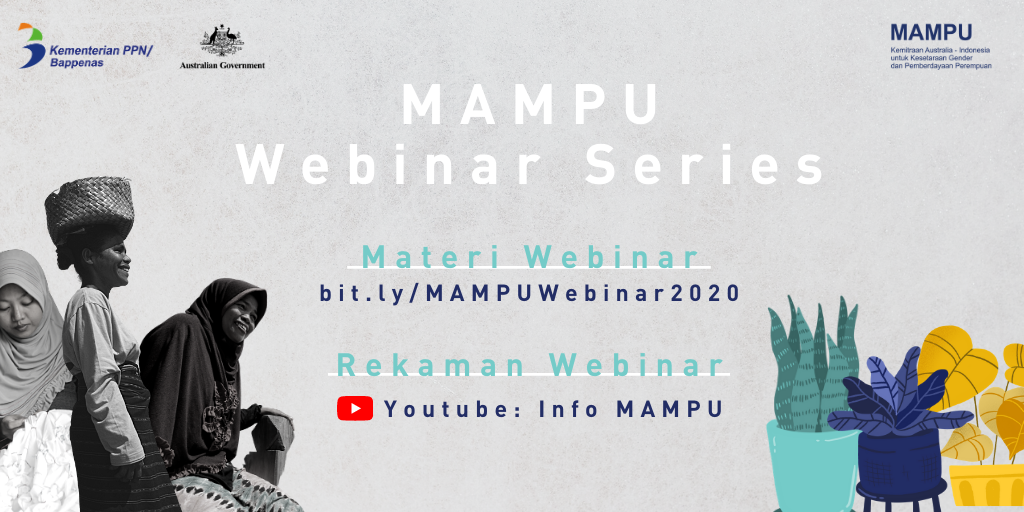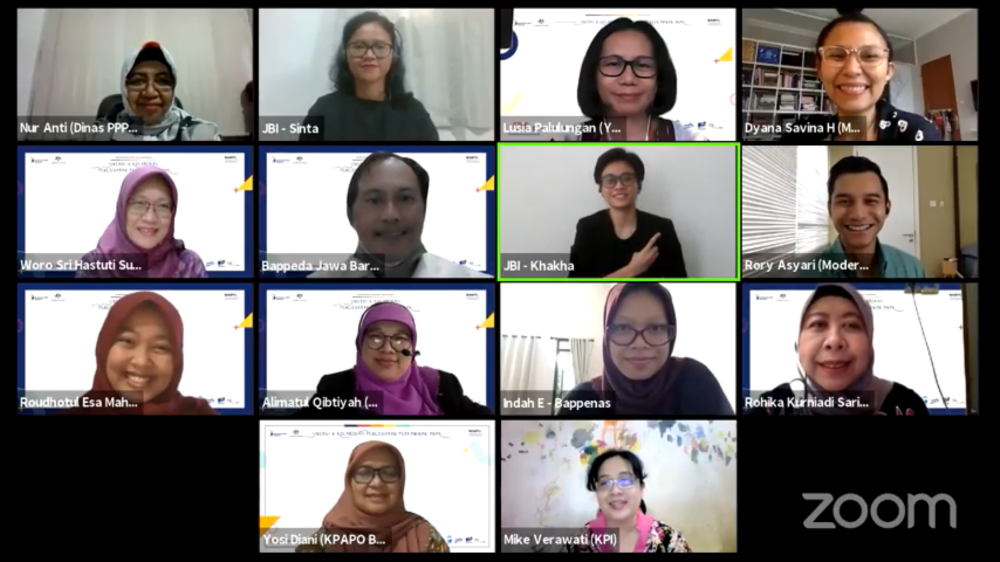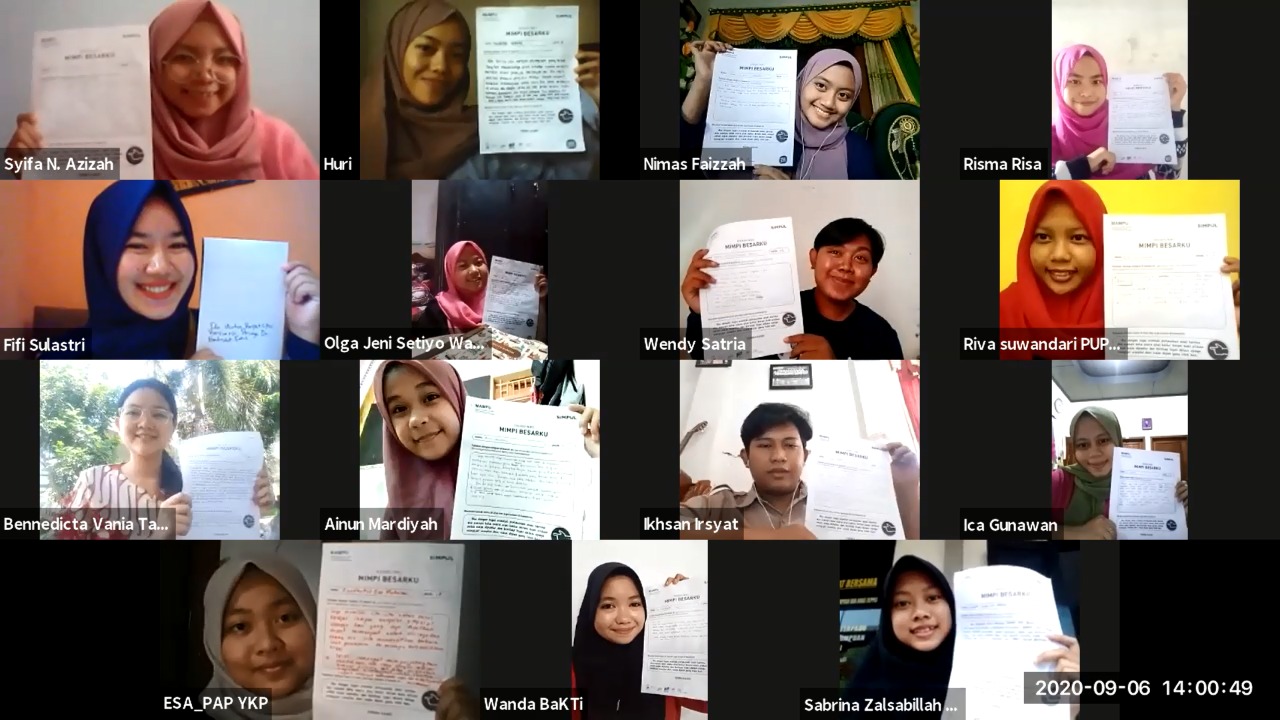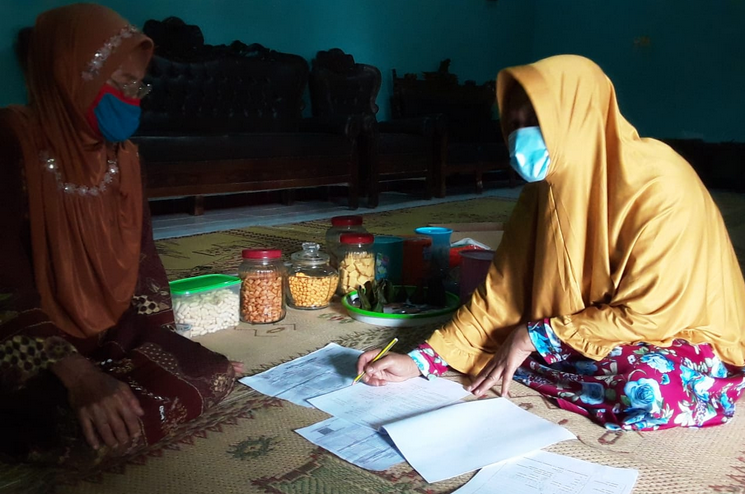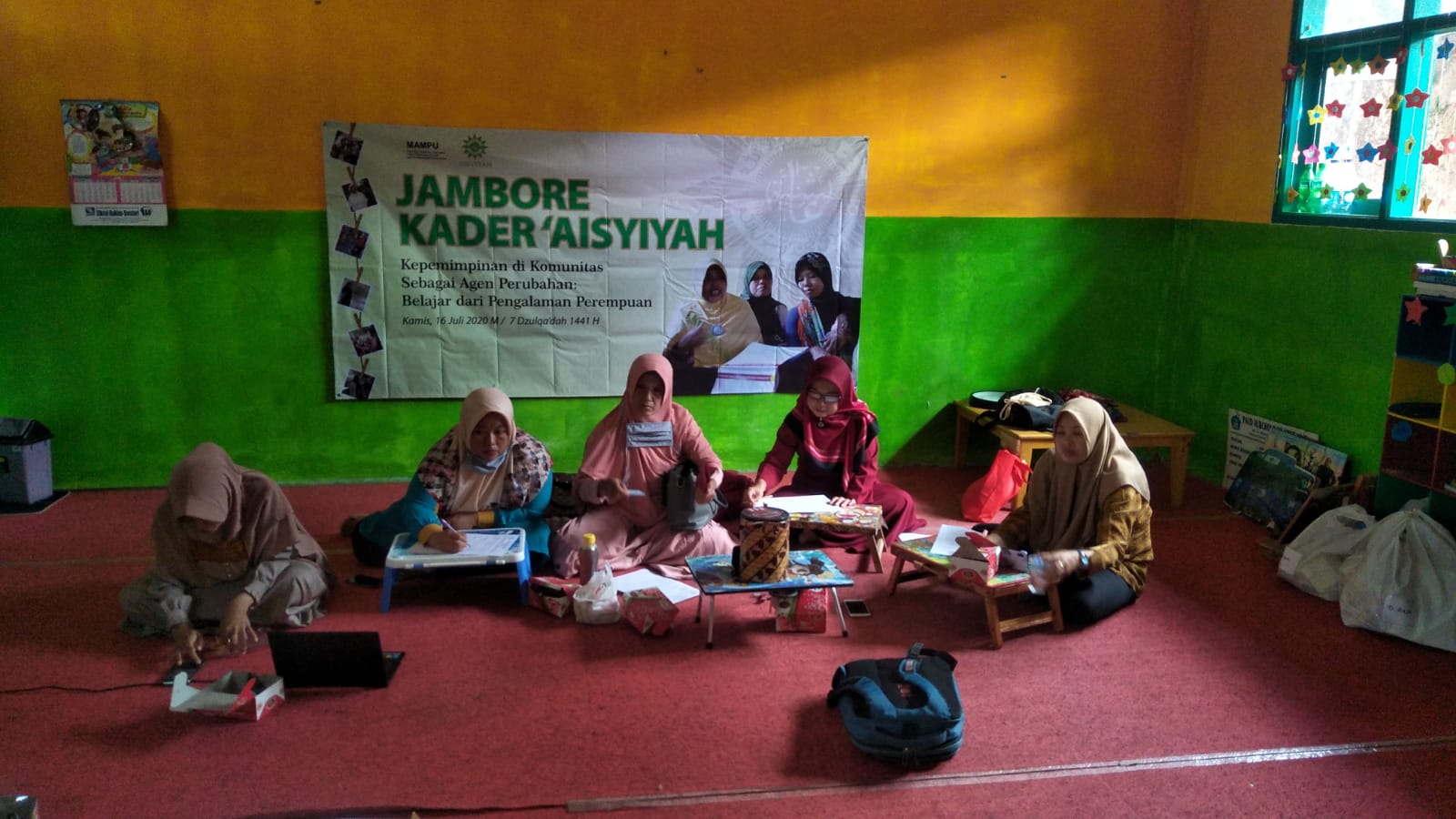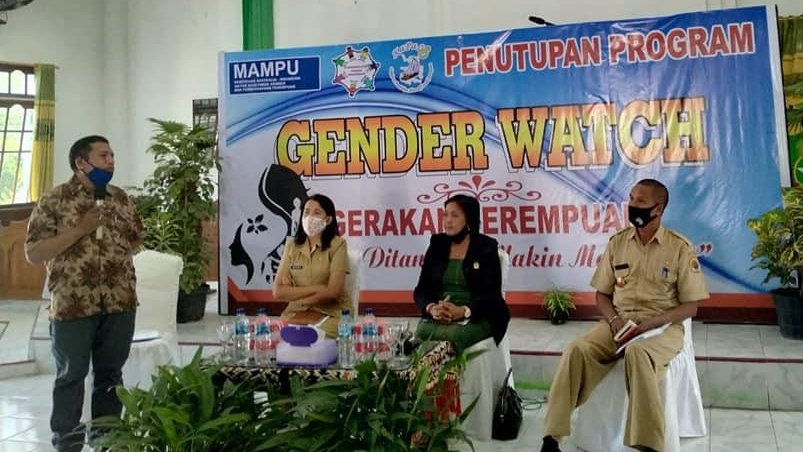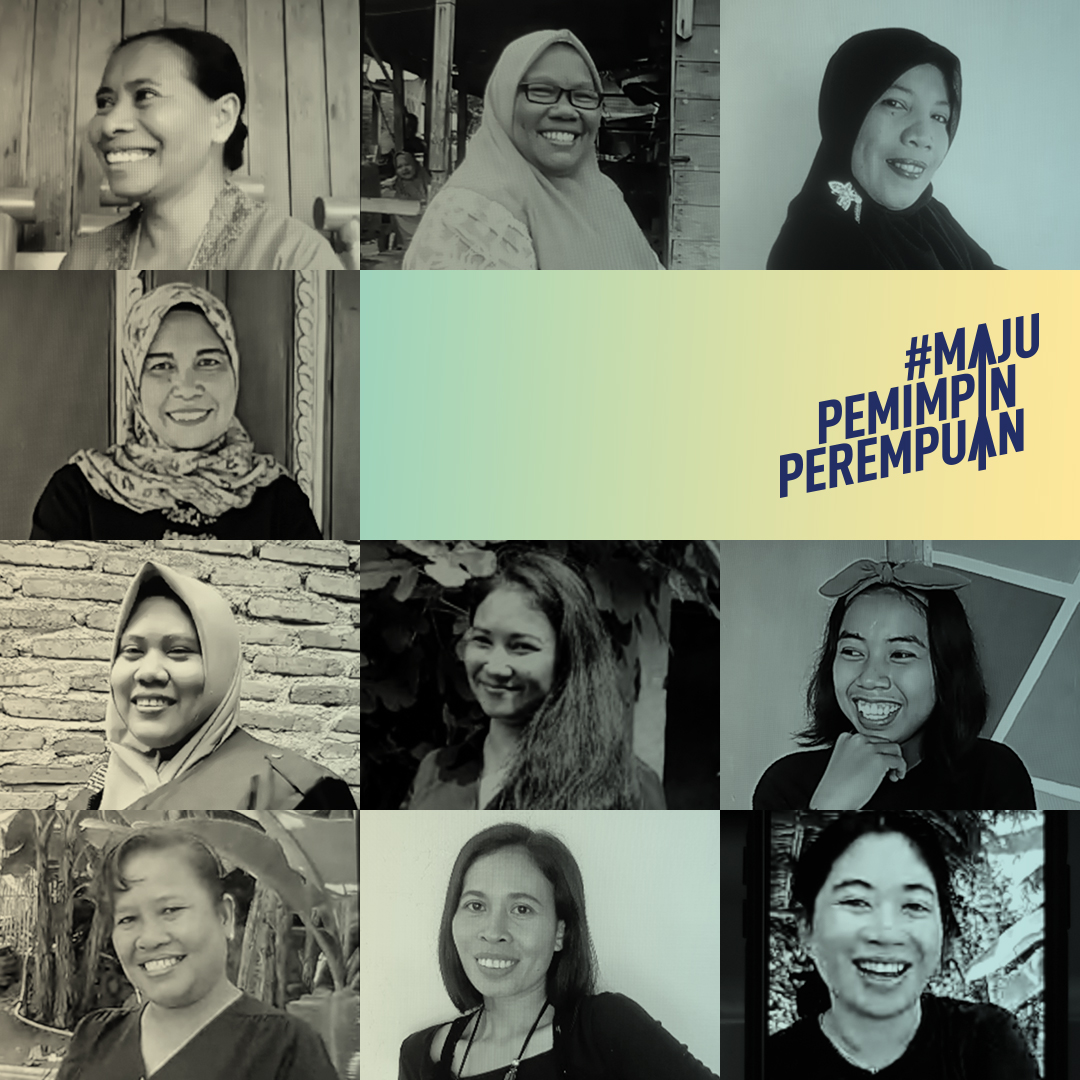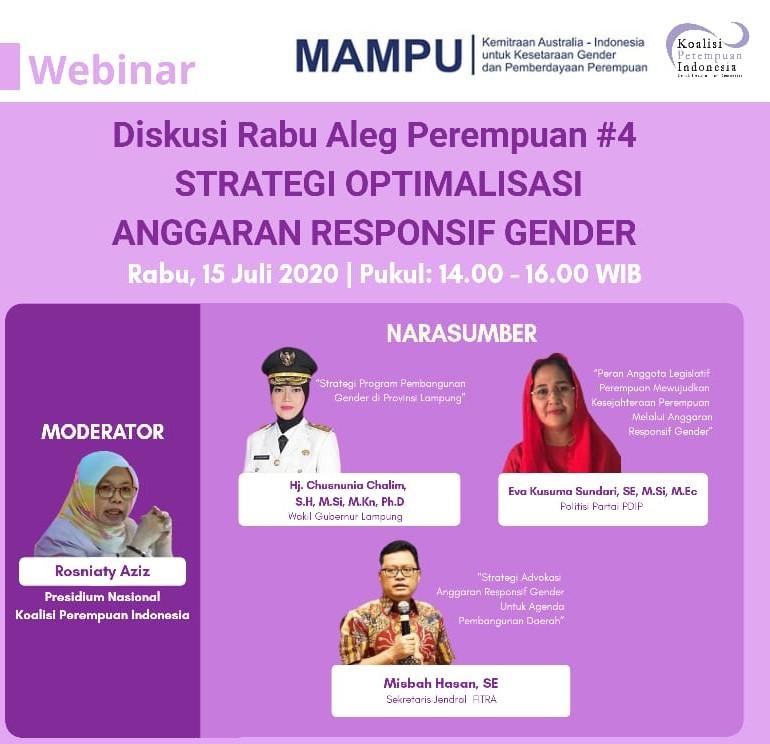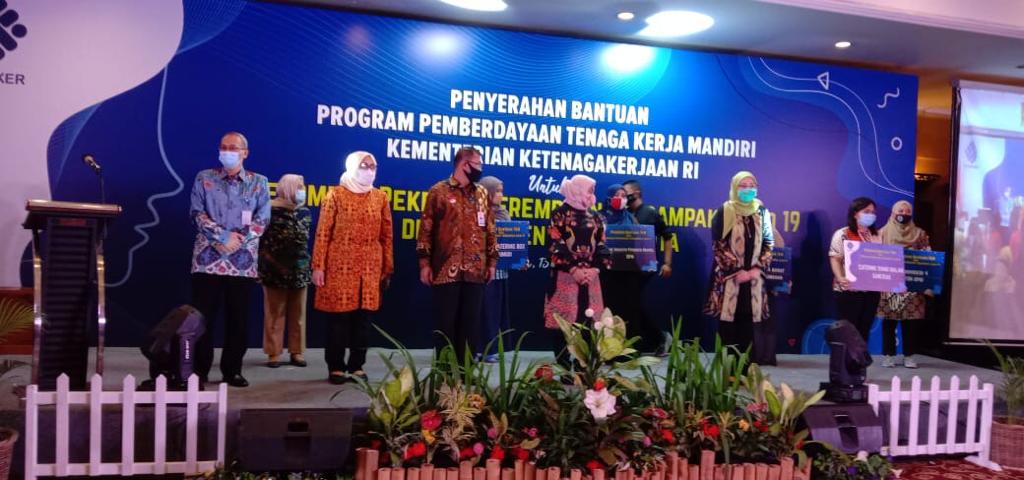Event
National Forum of CSOs – Ensuring No One Left Behind
31 October 2016Author: admin
On October 26, International NGO Forum on Indonesian Development (INFID) with The Indonesian Women’s Coalition for Justice and Democracy (KPI), Oxfam Indonesia, Ohana, and Transparency International Indonesia (TII) conducted national meeting of Civil Society Organisations (CSOs) on Sustainable Development Goals (SDGs) by undertaking ‘Ensuring No One Left Behind in the Planning and Implementation of SDGs’ as the theme. MAMPU attended the meeting.
The event was held as a forum for Indonesian CSOs and other stakeholders to exchange information and ideas to understand the challenges and opportunities in the implementation of SDGs in Indonesia. Experts were invited to give insights in creating a robust economic, social and environmental development implementation plan of SDGs.
Indonesia’s undeveloped workforce which causes its economic slowdown arose as the first crucial topic.
In his speech, M. Hanif Dhakiri, Minister of Manpower gave explanation on the ministry’s plans to increase Indonesian workers’ competencies and skills which aim to end poverty, inequality and unemployment.
“We should not be complacent. Challenges are still ahead of us. Based on the labor force profiles data, 60.38% out of 127.67 million Indonesian workers are senior high school graduates or uneducated,” he added.
Covering 17 goals and 169 targets, SDGs addresses many issues ranging from poverty and unemployment to gender equality. Amongst other topics, violence and discrimination in particular a harmful practice of Female Genital Mutilation has been also delivered as the keynote address.
Indotang, the headmistress of Sekolah Perempuan Kepulauan Pangkep put the female genital mutilation (FGM) issue on the table as it alarming. The prevalence of FGM in Indonesia was generally high in every province as it is strongly related to cultural and religious practices.
”Poor women are often left behind. One of the issue addressed is the limited access to clean water in their island. Understanding the prevalence of FGM (Female Genital Mutilation) is also important. There should be an elimination of the harmful traditional practices. We have been rejecting the practices in our island,” Indotang explained.
The representatives of National Planning and Development Agency (BAPPENAS), Ministry of Foreign Affairs, Health Social Security Agency (BPJS) and the senior advisor of INFID, Michael Bobby Hoelman joined one of the plenary sessions. The meeting also invited questions and provided dialogues to reach the most vulnerable populations such as people with disabilities.
In one of the sessions, two participants deplored the absence of sign languages in Indonesian news and movies for the people with disabilities. Despite the insatiability, they showed appreciation toward the event committees for providing a sign-language interpreter.
A participant who sat in a wheelchair said that families with disabilities in Indonesia spend 15%-30 % of their money for daily transport and basic services which is, in fact, more than non-disabled families do.
Embracing the new method which will safeguard the implementation of SDGs is one of Indonesia’s commitments to reach the goals by 2030. Indonesian government has learned to translate the global commitment to local action.
The representative of Bonjonegoro’s Regional Development Planning Agency (BAPPEDA), Rahmat shared a key lesson learned from the implementation of SDGs.
“In line with the program, a regency in East Java, Bonjonegoro has implemented SDGs. We believe, its implementation should involve all elements. We have invited NGOs, private-sector companies and government to participate in the pivotal agenda. We even came up with a tagline “Sustainable Bojonegoro” which encompasses the implementation of Sustainable Development and Sustainable Budget,” he said.
The participants has a high hope to end poverty and equality, promote prosperity and well-being for all and address the climate change through SDGs. An action plan for ending poverty and inequality in all dimensions must go hand-in hand with economic growth and a range of social needs compliance.
Reported by: Nugraheni Pancaningtyas (Parliamentary Stream and Collective Action Manager – MAMPU Program)




